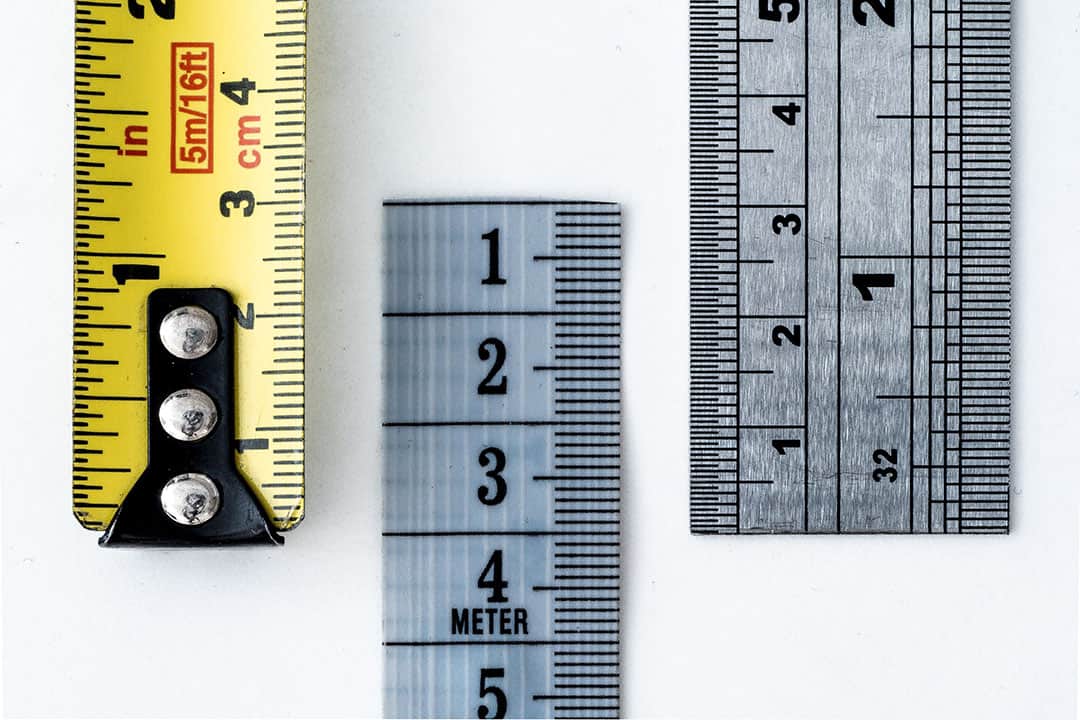How to manage expectations within the different roles we play in our lives
What role are you playing?
As Muslims living in this day and age, we take on many roles both consciously and subconsciously. Whether that’s within our families, communities, workplace or Deen – it’s important we don’t allow these roles to overwhelm us. To achieve this balancing exercise, we should consider the following points:
- Strive for excellence but know perfection comes to no-one – Part of our faith involves having Ihsan (obtaining excellence) in any role we undertake, be it the role of a sister, a son or a friend. When asked what is Ihsan, the Prophet (ﷺ) said:
‘To worship Allah as if you see Him, for even though you do not see Him, He sees you.’
[Ibn Majah]
Ihsan translates to excellence which isn’t strictly limited to obvious acts of worship (i.e. salah (prayer), fasting) but also applies to excellence in other elements of our life. If we strive for excellence in whatever roles we play then we are already on the correct path. In our everyday life this can translate to something as simple as treating everyone with respect and fairness.
Abu Hurairah RA narrated that the Prophet (ﷺ) said:
“Whoever relieves a Muslim of a burden from the burdens of the world, Allah will relieve him of a burden from the burdens on the Day of Judgement. And whoever helps ease a difficulty in the world, Allah will grant him ease from a difficulty in the world and in the Hereafter. And whoever covers (the faults of) a Muslim, Allah will cover (his faults) for him in the world and the Hereafter. And Allah is engaged in helping the worshipper as long as the worshipper is engaged in helping his brother.”
[Tirmidhi]

- Forgive yourself – Know that everyone is capable of making mistakes. It’s perfectly human and ‘normal’ to do so. No-one is born the ideal ‘employee’ or the ideal ‘father’ – these are a work in progress as we never stop learning. Even if a mistake is made – it doesn’t define how well someone is doing with a role. Healthcare professionals in particular have an artificial image of being infallible. Yet only Allah is infallible. Doctors as esteemed and as experienced as they are, are still capable of making mistakes just as any other person. An imam or teacher can still make a judgement error but it doesn’t make them any less of a good person.
- Recognise your capacity – Allah only burdens us with what we can bear, and different people can only bear different things. We often see this when we look at what someone else goes through and wonder how they got through that. Or when others comment on everything you have personally been through and how they could not have done so themselves. What is expected to be normal for one person could be further from the norm for another person and this is fine. People have different capacities. Which is why certain people can bear a heavy workload and others cannot.
“Allah does not charge a soul except [with that within] its capacity.”
[Qur’an 2:286]

- Lower the expectations you hold for others – Some mental health conditions often stem from expectations especially with anxiety disorders as the person expects a certain negative consequence to occur. Holding each other to high standards and expectations can be damaging. Different friends have different capacities. Expectations we hold for others should also change. The actions we take for someone should be because we want to, not because we expect anything back in the form of praise or a gesture in return. Ultimately, actions are judged according to their intentions and all actions should be done with the intention to please Allah. Part of friendship is being considerate, forgiving shortcomings, making excuses and accepting the good and the bad. We aren’t expected to be the ‘perfect’ friend as that does not exist, but the same should not be expected from our friendships either. Setting high expectations for every relationship we have is setting ourselves up for failure due to unrealistically high standards.
- Communicate – Whether talking to a friend or a colleague, it’s important to manage expectations from the beginning, especially when discussing boundaries and commitment. This goes with any relationship, it’s important to express what you want from this and what they want – in order to minimise any misunderstandings. By not stating what is expected we can set ourselves up for disappointment. Quite often we assume the other person knows what we want or knows how we feel, however most often this isn’t the case.

- It’s OK to ask for help at any stage – Reaching out does not take away from your role or capabilities. We should not wait until we feel considerably worse or ‘serious’ to the point we cannot manage anymore. It’s perfectly normal not to be OK or to feel overwhelmed at any point. Sometimes we cannot control what is happening in our lives – regardless of how well we’ve planned things to the T. But what is important is that you seek support as soon as you spot a difference in your mental health – this is the advice you would give to your loved ones too.
- Speak to Allah – Ask for His forgiveness for any shortcomings. You are not expected to be perfect as long as you practice forgiveness. Allah is the most Merciful. Ultimately we should not be too harsh on ourselves. We aren’t expected to be perfect as the hadith below illustrates.
Abu Hurairah RA reported:
The Messenger of Allah (ﷺ) said, “By the One in Whose Hand my soul is, were you not to commit sins, Allah would replace you with a people who would commit sins and then seek forgiveness from Allah; and Allah would forgive them”.
[Muslim]

- Purify intentions – In Islam we are rewarded based on our intentions and efforts and not necessarily the outcome. Hence results shouldn’t drive what we do and instead we should strive for excellence regardless of what the outcome is.
- Stay within the Sunnah – Ultimately cultural, workplace, gender roles or pressures we put on ourselves are not worth it unless they are within the Sunnah. There is little point living up to the expectations that our cultures put on us based on our gender or the expectations our workplace put on us if they don’t fit within the values and morals of Islam.

- Continue to seek knowledge – There is always something new to learn… about ourselves, others and more importantly, Allah and His Deen. Continue to seek knowledge, to implement and practice upon it or even re-examining things already known to help improve ourselves and the way we manage our roles and expectations in a healthy manner, perhaps even with a new and better perspective in sha Allah.
How do you try to manage your roles and expectations?




